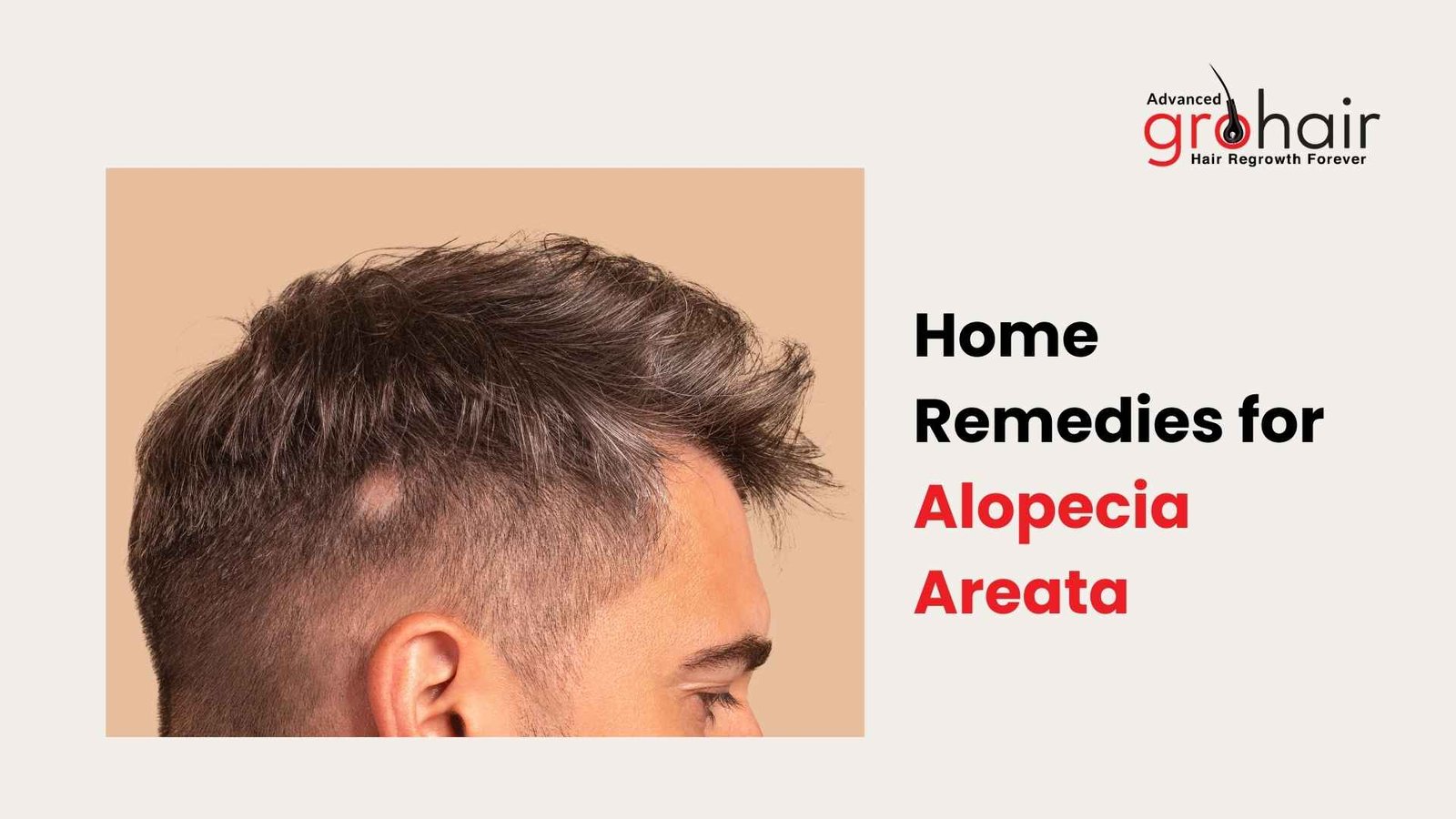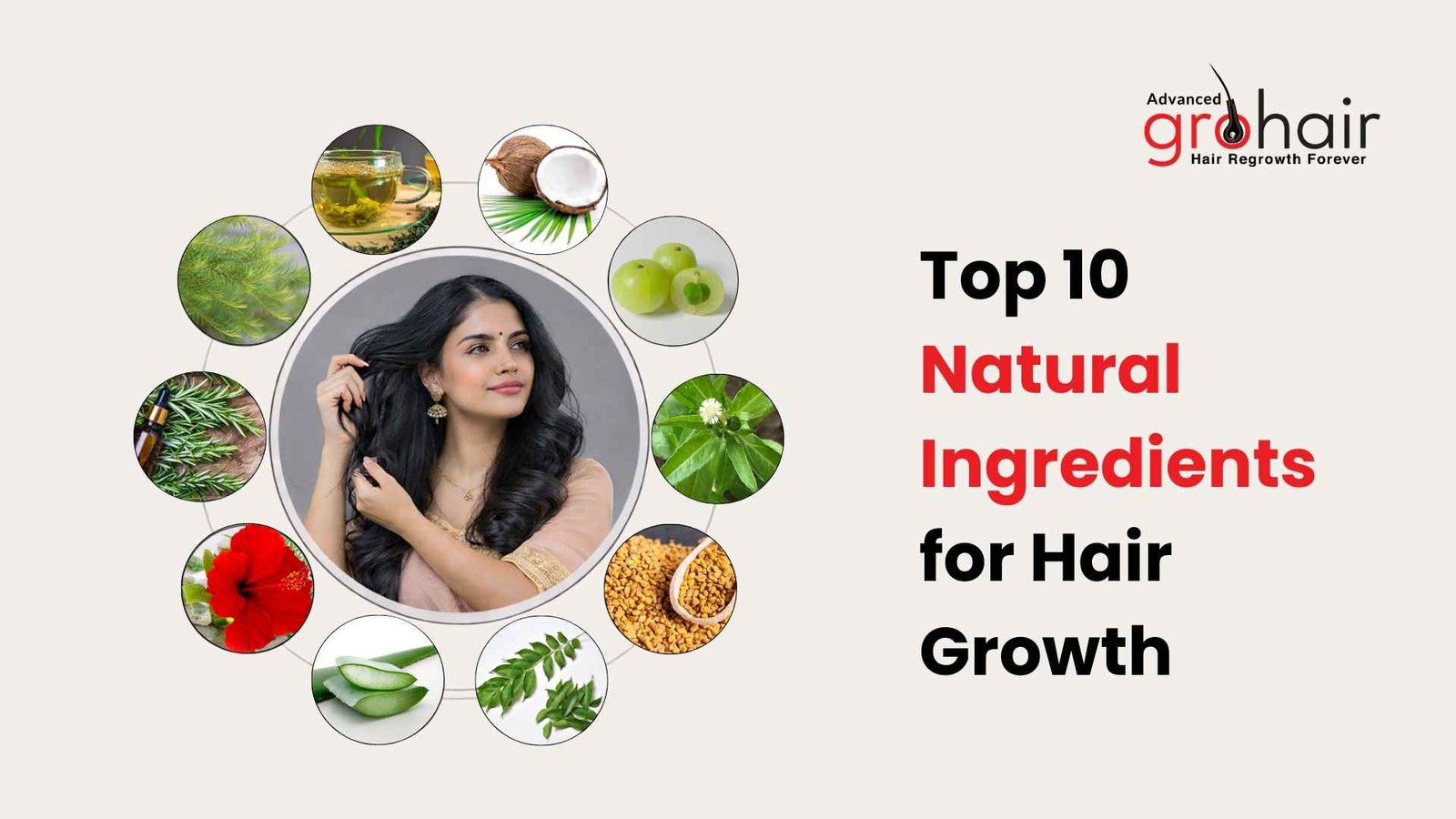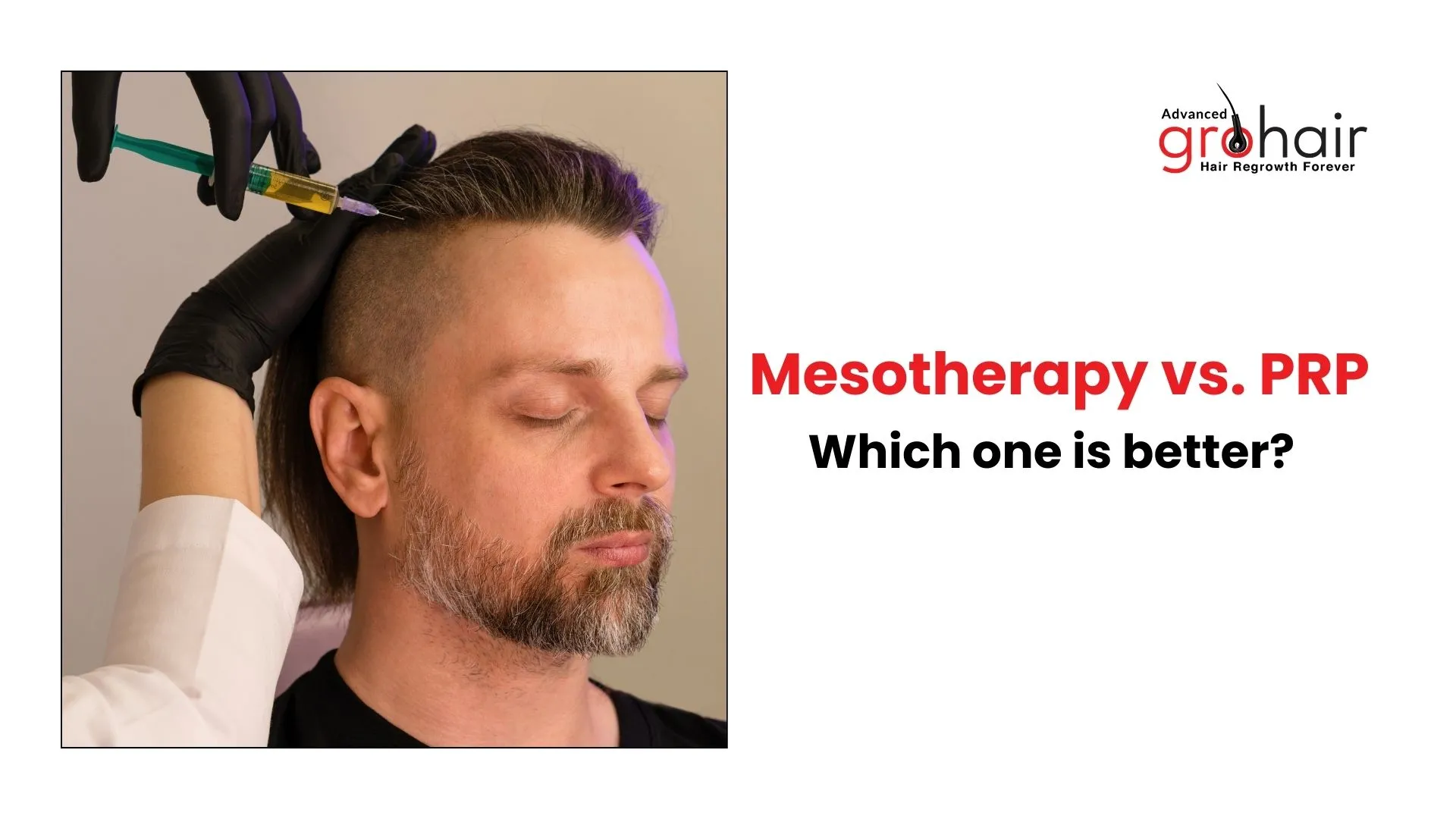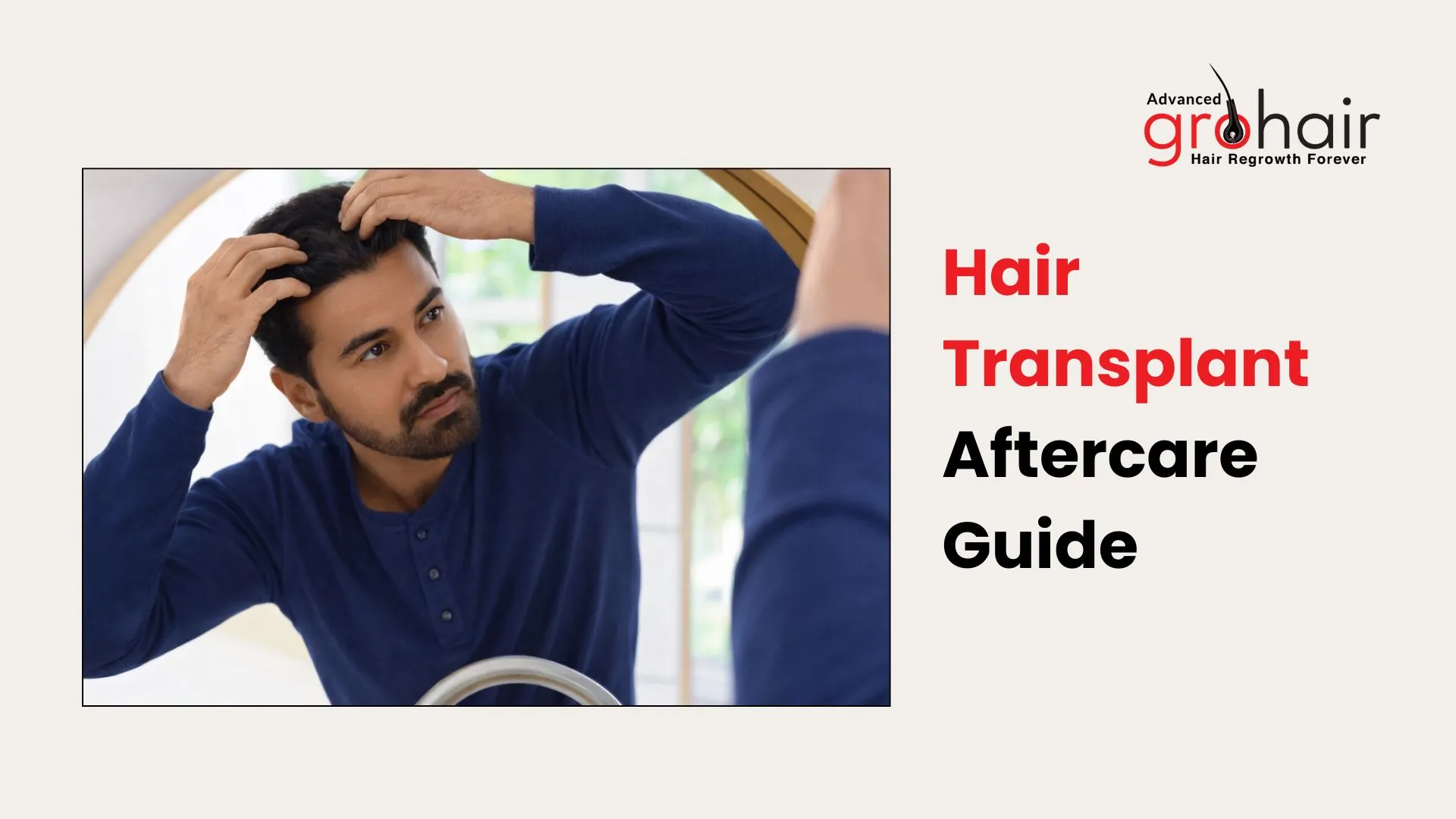How to Prevent Hair Loss Due to Hard Water
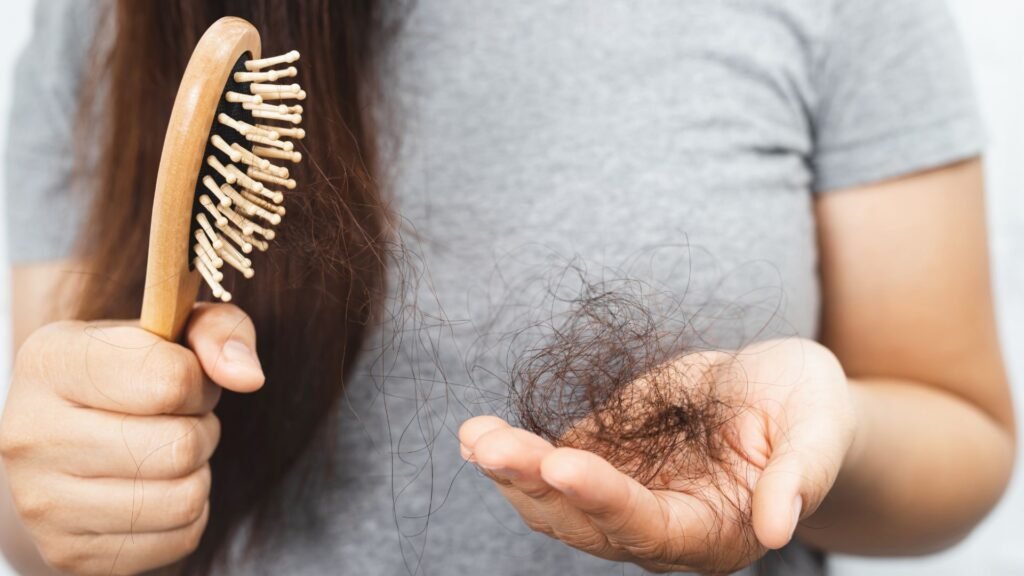
Your shampoo is not failing you—your water is. You’ve used every shampoo, conditioner, and hair treatment under the sun, but your hair remains dry, brittle, and lifeless. You change brands, apply deep conditioning masks, and even spend money on high-end hair serums—but nothing seems to work.
What if the issue isn’t your hair care routine altogether? What if the perpetrator is actually the water that you use daily?
Hard water is also one of the most overlooked hair damage and hair loss perpetrators. It has too many minerals such as calcium and magnesium, which coat your hair, block pores, and rob it of moisture—causing breakage, scalp irritation, and over-shedding.
In contrast to soft water, where products will lather well and rinse clean, hard water prevents shampoos from working properly, creates a residue, and conditions hair adversely with the passage of time.
How Common Is Hard Water?
According to the United States Geological Survey (USGS) nearly 85% of American residential homes have hard water.
Hard water prevails in India also, particularly in urban metropolitan and groundwater-dependent cities. Delhi, Mumbai, Chennai, and Bengaluru cities all experience different scales of hard water conditions, and these conditions give rise to scalp and hair ailments.
The most deplorable thing is that this harm happens gradually. You may not even realize it initially, but eventually, your hair begins to lose its strength, shine, and volume.
But here’s the best part—you can break this cycle. By learning how hard water impacts hair and making a few easy changes to your regimen, you can shield your locks, replenish moisture, and regain healthy, strong hair.
This guide will explain everything down for you. Let’s get started.
What Is Hard Water?
Hard water refers to water that contains high amounts of minerals — primarily calcium and magnesium — dissolved in it. That mineral accumulates and the water flows through underground rock formations, making it denser and higher in minerals.
Science Behind Hard Water Damage
When minerals such as calcium carbonate and magnesium sulfate interact with soap, they create insoluble salts. Such salts adhere to the hair shaft, block the follicles, and cause the strands to become rough, tangled, and brittle.
How to Identify Hard Water at Home
Most individuals are not aware they have hard water until hair issues begin to appear. Here is the way you will know if you have hard water:
- Soap Test: Hard water prevents soap or shampoo from producing a good lather. When your shampoo does not froth up nicely, it means that there is mineral-rich water.
- White Stains on Faucets & Showers: Limescale (mineral deposit) shows up on shower heads, kettles, and taps.
- Cloudy Dishes & Glassware: Hard water produces water spots on dishes even after cleaning.
- Skin is Itchy & Dry After Showering: Hard water strips the skin and hair of moisture.
Note : If you discover two or more of these signs, your water is probably hard and affecting the health of your hair.
How Hard Water Damages Hair
When shampooing in hard water, the excess minerals attach to the outside surface (cuticle) and form a plug that blocks the moisture and the nutrients from coming into the hair. Over time, it results in:
- Dry, rough hair through dehydration.
- Hair follicles weakening, which causes excessive hair loss.
- Weakening of hair follicles, which leads to more hair loss.
- Scalp buildup, causing flakes, itch, and irritation.
- Brittle and weak hair that’s prone to breakage and split ends.
- Degraded the rapidly dyed hair, leaving it brassy and lifeless.
- Frizzing and tangling, making the hair stiff to style and manipulate
Did You Know?
It is understood that hard water raises scalp pH, leading to excess oil production, blocked hair follicles and exacerbated conditions like seborrheic dermatitis or psoriasis.
How Hard Water Affects Skin
It’s not only your hair—hard water also does damage to your skin! The same minerals that plug up hair follicles strip the moisture from your skin, causing:
- Tight, dry, flaky skin after showering.
- More blocked pores & acne, as minerals combine with oil on your skin.
- More extensive skin diseases such eczema or psoriasis due to an unbalanced skin barrier.
- Scalp inflammation that results in chronic dandruff and pruritus.
If your scalp is perpetually dry or oily, no matter how often you wash it, hard water might be upsetting your oil equilibrium.
How to Identify Hard Water Hair Damage
> Dryness and Brittleness That Doesn’t Go Away
Hard water also removes natural oils from the hair, leaving it dry and coarse.
> More Hair Breakage and Shedding
Hair follicles become clogged from mineral deposit buildup, resulting in weaker roots and more shedding.
> Scalp-related Problems: Flaky Scalps, Scalps Itch, Buildups
Hard water throws off the scalp’s balance of natural oil, resulting in flakes, itchiness and irritation.
> Heavy, Greasy, and Limp Hair
Hard water weighs hair down, making it flat and hard to style.
> Faded Hair Color and Dull Appearance
Hard water strips away hair dye quickly, causing premature fading and brassiness.
How to Prevent & Treat Hard Water Hair Damage
- Set up a water softener or shower filter.
- A water softener removes excess calcium & magnesium from your home water supply.
- A shower filter eliminates mineral deposits in real-time at the point of use.
- Apply a Chelating or Clarifying Shampoo
- Chelating shampoos are designed to thoroughly clean and eradicate hard water deposits.
- Clarifying shampoos strip away gentle mineral deposit and product residue.
- Wash Hair with Filtered or Bottled Water
- Using filtered, distilled, or bottled water for your last rinse aids in removing remaining minerals before they deposit into your hair.
- Deep Condition and Hydrate Regularly
- Deep conditioning masks are applied weekly to replenish moisture.
- Leave-in conditioners are used to form a barrier against mineral deposition.
Home Remedies to Protect Hair from Hard Water
- Lemon Water Rinse
- Lemon juice breaks down mineral buildup and regulates scalp pH.
- Mix 2 tbsp lemon juice in 1 ltr water and use as a final rinse after washing hair.
- Apple Cider Vinegar Rinse
- ACV is a mild clarifier that eliminates the mineral buildup & gives shine.
- Mix 1 part ACV with 2 parts water, apply after shampooing, let sit for 2 minutes, rinse.
- Homemade Hydrating Hair Mask
- Blend 1 avocado ripeness, 2 tsp coconut oil, and 1 yolk egg into a richly hydrating hair treatment. Use 20-30 min., rinse in filtered water.
Final Thoughts: Can You Completely Prevent Hard Water Hair Loss?
Unfortunately, you can’t go in and change the water supply, but you can shield your locks from the effects of hard water with a couple of simple fixes.
It’s all about maintenance and prevention — prevention against mineral buildup while ensuring that your hair is kept moist and hydrated.
Over time, mineral deposits do more than just damage hair—these minerals also compromise the scalp barrier, potentially leading to irritation, infection, and chronic dryness.
Addressing hard water exposure early on, prevents hair thinning over the long haul, and ensures healthier, stronger strands going forward.
So now that you know how hard water affects hair, what will you do about it? Search for signs of mineral deposits and take action today.
With good care, you can get soft, strong, and healthy hair—despite the condition of water available in your area. Minor modifications today will result in healthy hair tomorrow!

